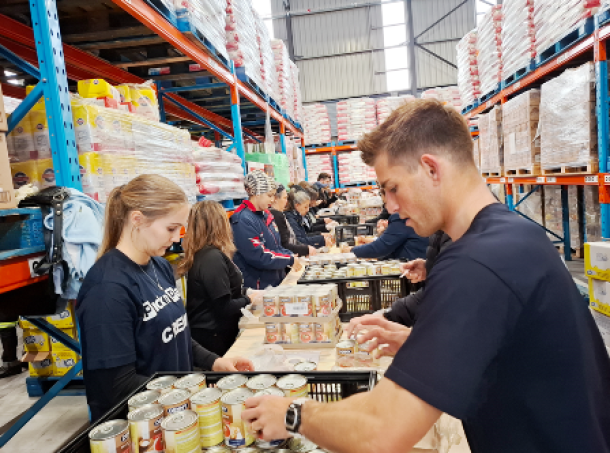Food Forward – A second harvest initiative
50% of edible agricultural production is wasted due to specification requirements, cold-chain and processing inadequacies as well as access to markets.
This nutritious food goes to waste while 14 million South Africans go hungry every day. FoodForward SA is launching Second Harvest, a programme that sources and collects surplus fruit and vegetables from commercial farmers across South Africa and redistributes this fresh produce to the 600 beneficiary organisations in their network.
Established in 2009 to address widespread hunger in South Africa, FoodForward SA connects a world of excess to a world of need by recovering surplus food from the consumer goods supply chain. The organisation reaches up to 250 000 daily at the cost of R0.79 per meal. Beneficiary organisations include orphanages, places of safety, creche’s, disability care, aged care, skills and youth development. The Second Harvest allows farmers to donate their post-harvest surpluses while they are harvesting, to ensure the food does not go to waste.
FoodForward SA Ambassador, Jenny Morris will host the launch of the programme at her cooking school called the CooksPlayground on 25 June 2018. Surplus food items will be cooked at the venue to showcase the wholesome food received by Beneficiary Organisations on a daily basis.
FoodForward SA is working with a network of farmers located in the Western Cape, Gauteng, and Durban to improve the nutrition level of the groceries provided to beneficiaries. According to Managing Director of FoodForward SA, Mr Andy Du Plessis, “Dedicated refrigerated vehicles go directly to our farmers to collect fresh fruit and vegetables while they are harvesting. This fresh produce meaningfully increases the nutritional value of the food distributed, as well as volume, which significantly increases the number of people FoodForward SA are able to reach.”
Foodbanking is the most effective solution at present to reducing hunger, and reducing food waste is the third most effective solution in fighting climate change. An independent study by WWF and Green House reflects that recovering food saved 17,400 tons of green house gas emissions, which is equivalent to 3,600 cars driven every day for a whole year.
The launch of Second Harvest will ensure that more agricultural production is redistributed to the hungry. FoodForward SA encourages farmers, growers, food processors, and other supply chain stakeholders to partner with them and join the food recovery revolution.
About FoodForward SA
Established in 2009 to address widespread hunger in South Africa, FoodForward SA connects a world of excess to a world of need by recovering surplus food from the consumer goods supply chain. In partnership with various stakeholders, we implement an ecosystem that uses surplus food as a catalyst for social change. Our model promotes 11 of the UN’s 17 Sustainable Development Goals (SDGs).
Twitter: @FoodForwardSA
Facebook: @foodforwardsa
LinkedIn: @FoodForward SA
For enquiries contact
Zimasa Jam Jam
Ashleigh Stephan
News Category
- International retailers
- On the move
- Awards and achievements
- Legislation
- Wine and liquor
- Africa
- Going green
- Supplier news
- Research tools
- Retailer trading results
- Supply chain
- Innovation and technology
- Economic factors
- Crime and security
- Store Openings
- Marketing and Promotions
- Social Responsibility
- Brand Press Office
Related Articles
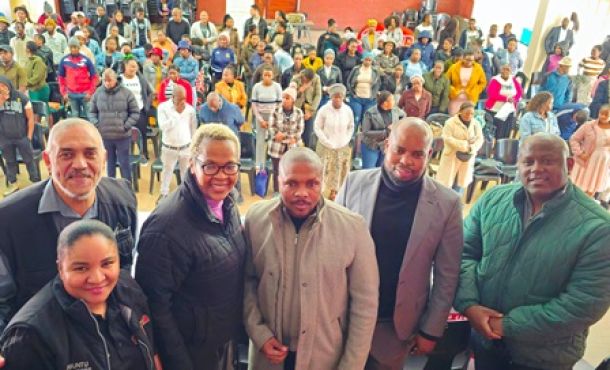
Successful farmer’s training project launches i...
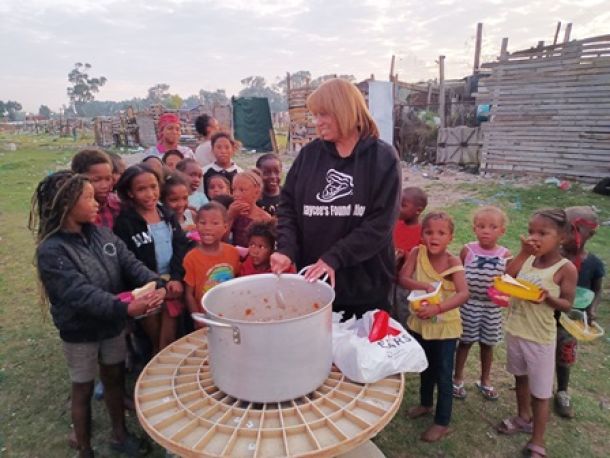
Engen’s Charmaine Le Breton secures support for...
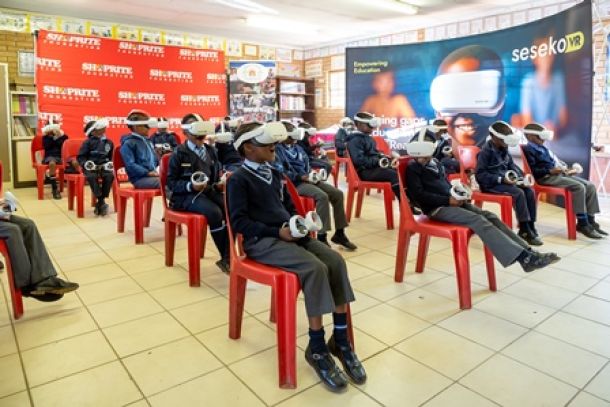
Virtual reality and access to clean water for S...
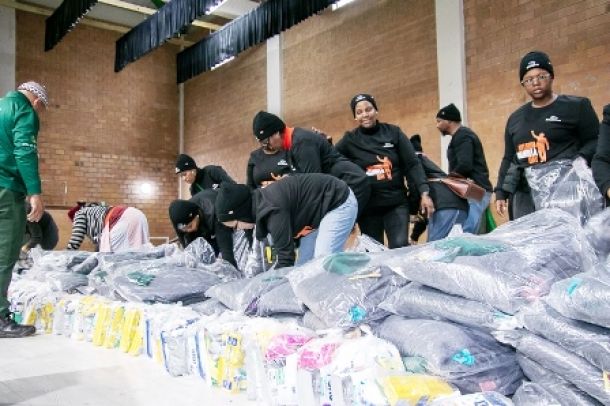
Gift of the Givers and Engen join hands for Mad...
